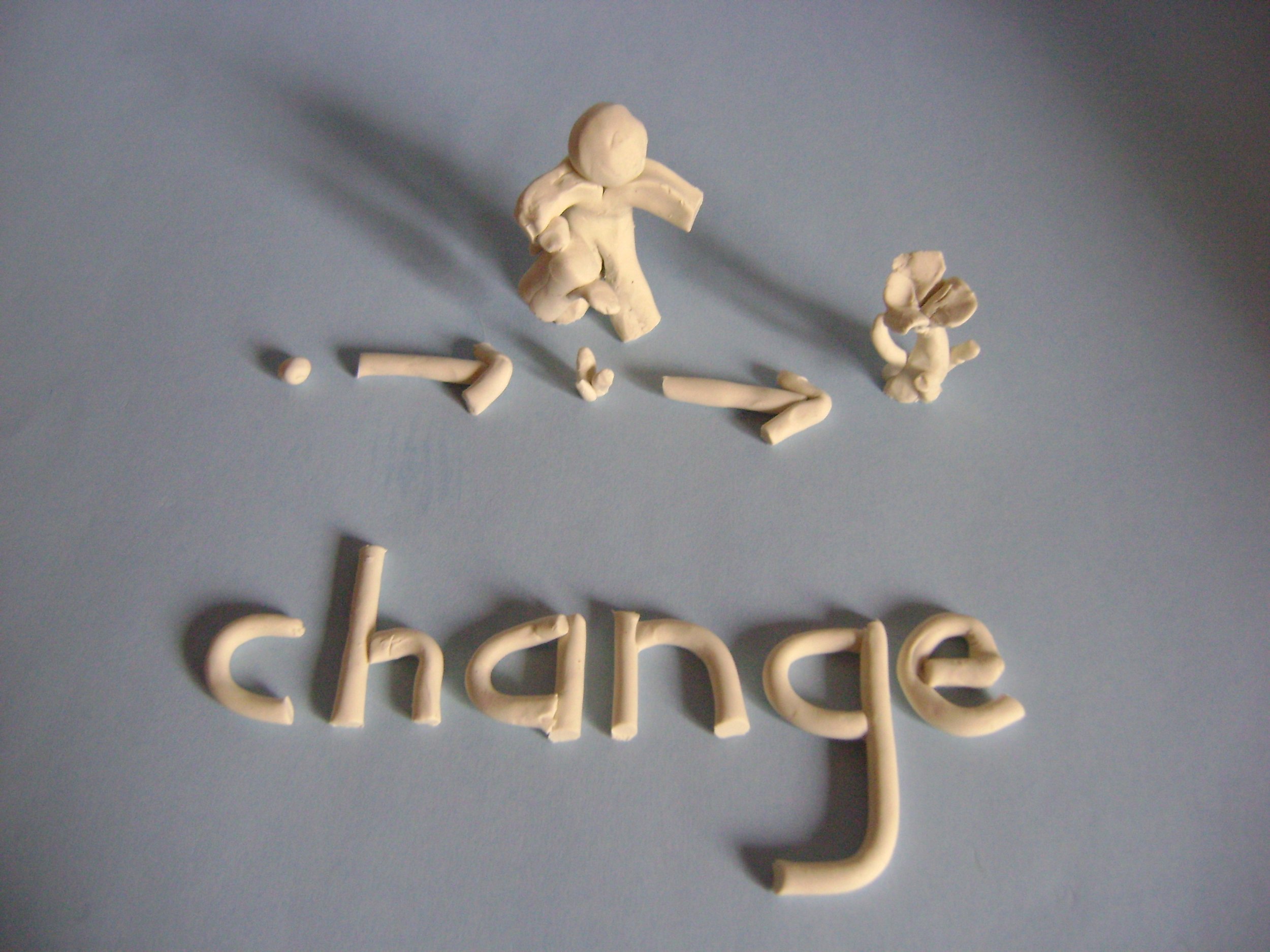Resilience - What’s Change Got to Do With It?
Resilience - What’s Change Got to Do With It?
Good mental health is often linked to being resilient. Resiliency is the ability to bounce back from difficult life experiences or challenges, otherwise known as change. The idea of change is something that is often unwelcome by many experiencing dyslexia. Change simply means ‘something becoming something else’ and can be found in both the external and inner worlds. Knowing the difference is the key. Experts believe that resiliency is a taught skill requiring qualities such as confidence, competence, and control.
Some of these qualities can be absent in a dyslexic’s repertoire. The gift of altering your perceptions readily, without the ability to control when needed, undermines one’s confidence as mistakes are a common occurrence. Dyslexia isn’t just a reading problem; it can affect how we follow instructions and conversations and getting along with others. These misperceptions undermine our confidence and competence and without tools to control our imaginations, we can easily let our minds wander to a place filled with anxiety and /or depression. This can be even more magnified because we have that ability to experience our imagination as reality. Meanwhile this ability helps us in other areas such as creative endeavors or sports but is detrimental to bouncing back from unexpected changes.
Confusion is commonplace with a dyslexic person, so structure provides a sense of security or grounding. Changes in their orderliness of environment such as furniture rearrangement, moving households, scheduling changes, feeling rushed or any kind of loss or strife will further lower their threshold of confusion. This is why parents often see emotional outbursts associated with change in their dyslexic child. Being able to “roll with the punches” is a great life skill and a Davis concept program tailored to this need can provide someone with tools to manage themselves while facing a change.
These concepts, often meaningless to a picture thinker, are necessary to acquire some of the ingredients for resiliency such as: viewing change as a challenge or opportunity, relying on past successes, seeing their choices, having patience, confidence, and competence. This helps one adapt to change and become more resilient.
In addition, the Davis Method offers tools to relax and control the perceptual abilities when needed. In addition, we model the concepts of change, consequence, time, sequence and order, to place these abstract concepts into the real world. It goes beyond memorization or understanding.
Ron Davis’s book, The Gift of Dyslexia, says “When someone masters something, it becomes a part of that person. It becomes part of the individual’s thought and creative process. It adds the quality of its essence to all subsequent thought and creativity of the individual”.
For example, riding a bike involves more than understanding. It’s the experience of riding it that provides the mastery. The same principle applies to mastering these concepts. Mastery inputs the meaning in a concrete way and provides the experience to fall back upon. Repeated experiences using and applying these tools builds confidence to manage changes and increase resilience. Life is unpredictable and riding the wave makes those ups and downs more manageable.
Sharon Roberts, Davis Facilitator, Ontario https://dyslexia.ca/

